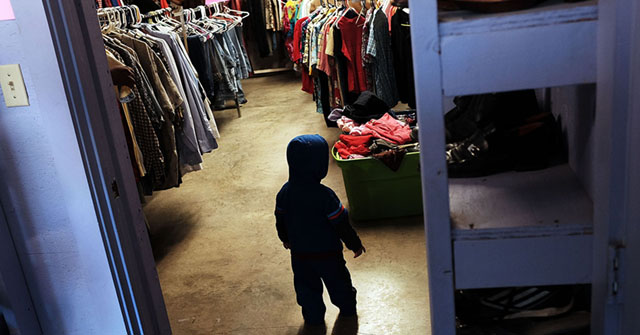Latest National Survey Shows 7-in-10 Americans Support a Bipartisan Commission
Voters Rank Dealing with Growing Deficit and National Debt as Top Priority for Obama Administration and Congress
NEW YORK (November 30, 2009) — There is broad support among Democrats, Republicans and Independents for a bipartisan fiscal commission to address America’s debt and deficit challenges according to a new poll commissioned by the Peter G. Peterson Foundation. The poll also shows that Americans believe dealing with the debt and deficit should be a top priority and that leaders Washington are not paying enough attention to this issue.
“The bottom line is that our electorate is way ahead of Washington policymakers — many of whom who don’t seem to realize that we can’t spend and borrow our way to prosperity,” said David M. Walker, President & CEO of the Peter G. Peterson Foundation.
“Tough choices must be made in connection with budget controls, entitlement reforms, spending constraints and revenue increases. A special bipartisan commission is needed to engage the American people in a discussion about comprehensive reforms.”
There is growing recognition among policymakers that a bipartisan commission is the best way to address the fiscal crisis. It was recently reported that the Obama Administration is giving serious consideration to establishing a special commission to addressing America’s large and growing structural deficits and debt burdens.
***Full survey results can be found below.***
Among the survey’s findings:
80% of voters believe dealing with America’s growing budget deficit and national debt should be a high or absolute top priority for the President and Congress, second only to preeminent need to get the economy back on track and get Americans back to work.
Voters ranked the need for the President and Congress to deal with our nation’s growing deficit and debt ahead other timely issues facing our country, including the wars in Afghanistan and Iraq, improving public schools, passing health care reform, and cutting taxes for the middle class.
Roughly two-thirds of voters (66%), believe leaders in Washington D.C. are not paying enough attention to federal budget problems. This is a significant increase from the 56% of voters who felt the same way earlier this year, according to a PGPF national survey conducted in February 2009.
The survey reveals that 70% of voters favor a bi-partisan fiscal commission to the regular congressional process as the best means to begin tackling our growing budget deficit and national debt.
Support for a special bipartisan commission was consistent among Democrats (71% support), Republicans (68%) and Independents (69%). Even after hearing an argument for and against it, support for a bipartisan commission remained strong, with 63% of voters favoring a commission after hearing both pro and con arguments.
The poll is based on a national survey of 700 registered voters. The survey was conducted November 16-18, 2009 by leading pollsters Public Opinion Strategies and Peter D. Hart Research Associates and has a margin of error of +/- 3.7%.
About the Peter G. Peterson Foundation
PGPF is dedicated to increasing public awareness of the nature and urgency of key economic challenges threatening America’s future and to accelerating action on them. To address these challenges successfully, we work to bring Americans together to find sensible, long-term solutions that transcend age, party lines and ideological divides in order to achieve real results. For more information, see www.PGPF.org [1].
Further Reading
Budget Basics: What Is the Child Tax Credit?
The CTC provides assistance to families with children, and while it represents a relatively modest part of overall government spending, it is one of the largest tax expenditures.
Budget Basics: Tax Expenditures
Tax expenditures can come in the form of exclusions, exemptions, deductions, and credits.
What Are the Economic Costs of Child Poverty?
Child poverty is higher in the United States than in other wealthy countries. Studies show that it has quantifiable economic costs.


